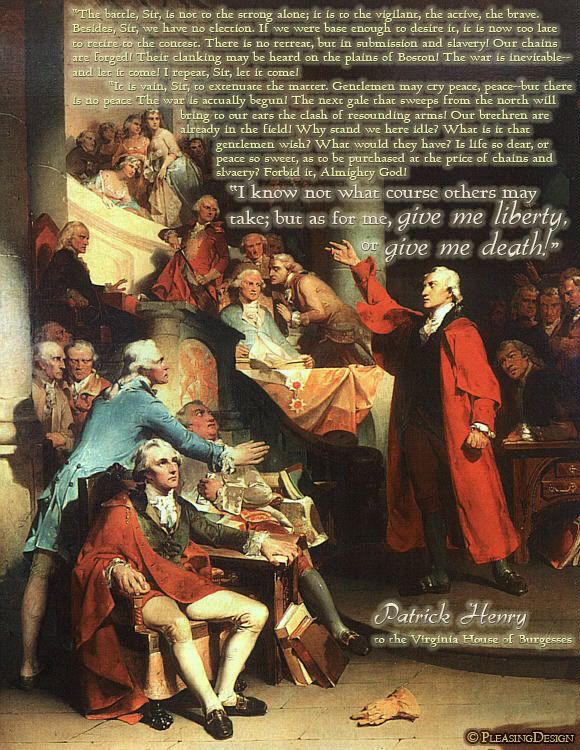This is a research report I wrote for school this year.
There is no doubt that socialism is consequential to virtually every nation in the world. It is often unacknowledged and unrealized, hidden in the recesses of national decisions, but has unceasingly influenced governments for centuries. Is there any basis for believing socialistic government will provide aid and bring improvement? William Lund stated, “We study the past to understand the present; we understand the present to guide the future.” Therefore, we should consider history to accurately determine the answer to the above presented question.
America was established upon the principles of free enterprise. Capitalism is the sole reason America has so long endured and become a prosperous, mighty nation. We are shown by history that the rejection of personal responsibility and dependence on the state is a surety to disaster. Without the ability to seek one’s own happiness and pursue a chosen career, America ceases to be the land of opportunity.
As English civilization was being established in America during the 17th century, those in authority believed a communal system of provision would be beneficial. However, the history of our country clearly shows us that the opposite was true and that only a man’s freedom to personal enterprise will promote success.
In the year 1607, the first permanent English settlement, Jamestown, was settled in a low-lying land. Due to much hardship involving malaria, contaminated river water, and a lack of laboring initiative in the settlers, half of the people died by the end of the first winter. The main cause of Jamestown’s demise was its common-store system, required by the colony’s royal charter by the English king, James I.
Because of this system, the fruit of every man’s labor was placed in a common storehouse and all were entitled to receive food and supplies according to their personal need. Quintessentially, the welfare of the idle was secured by the labor of the industrious workers. Everyone was gratified by the common storehouse but few rendered to it and, therefore, the food supply was soon exhausted. Thus, America’s earliest attempt at Communism ended in great failure.
The distressed colony of Jamestown was delivered by Captain John Smith. He initiated a policy, Biblical in principle (2 Thess. 3:10), denying food to any man who refused to labor. This enforced rule was not only fearsome to the lazy, but an encouraging relief to the hard-working. As historian David Henry Montgomery rehearsed of this colony, “Those who tried to live without working soon found that they must also try that harder thing--to live without eating.”
D. H. Montgomery also said of Jamestown, “Considering this discouraging start, the wonder is that the colony not only lived, but lived to lay the foundation of a prosperous, powerful, and independent State.” The communal storehouse system was, in time, thoroughly overcome by a will to work and personal responsibility, the only way for any prosperous country to operate. These principles laid the foundation for a mighty nation, rising through the combined vision and effort of earnest men.
Capitalism is an economic system in which each man possesses the free will to pursue economic gain as he believes right. It is the only economic system compatible with personal liberty and responsibility, rights secured by our Constitution. Capitalism is referred to as free enterprise because it makes one free to improve his life as he has the enterprise (energy and initiative) to make possible. A nation holds true liberty when its citizens assume the obligation for their own welfare. When the people yield their duty to the state by necessitating government services and regulations, the nation unwittingly rejects its freedom.








